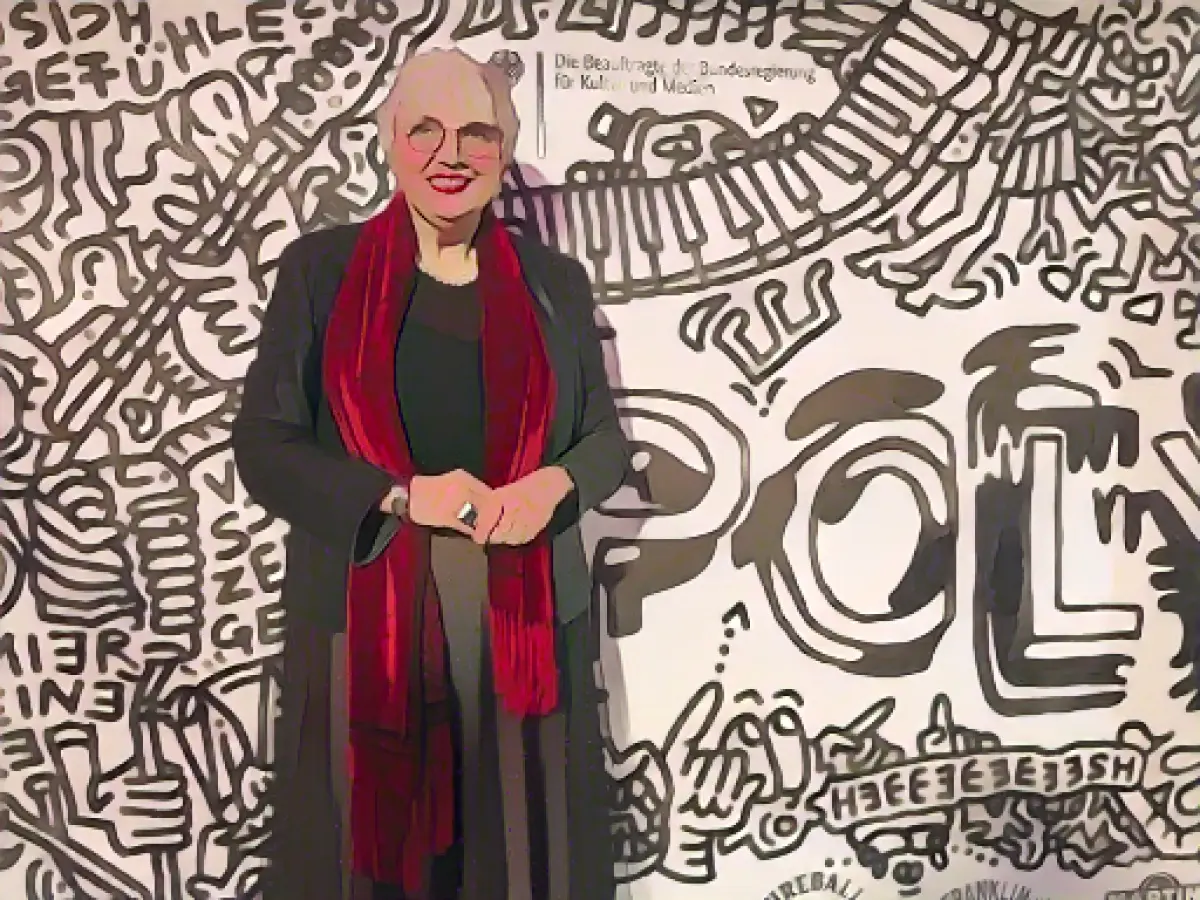Roth: No room for misanthropy at Polyton
At the first edition of the Polyton Music Prize, Minister of State for Culture Claudia Roth (Greens) emphasized the importance of cooperation in the music and wider cultural sector. "There is no room for contempt for humanity here, there is no room for exclusion or discrimination," she said on Friday evening during the opening speech in Berlin. "No place for anti-Semitism, for racism, for homophobia or for sexism." This academy, this award stands for empowerment, for cohesion and for social discourse - also outside the music industry, she continued.
For a long time, one of the best-known music awards in Germany was the Echo, which was abolished in 2018. It was preceded by a controversy about the rappers Kollegah and Farid Bang. They had received an Echo, although lines of their lyrics had been criticized as anti-Semitic. For a long time, sales figures were the main criterion for receiving an Echo. The Polyton Music Prize, on the other hand, is now designed as an award by musicians for musicians.
"Polyton is based on quality, not quantity," Roth continued. "Polyton is neither an audience award nor an industry award." On the other hand, it creates a platform in which "traditional and hierarchical barriers" are broken down.
The prize is awarded by the Academy for Popular Music. Members of the Academy include Shirin David, Herbert Grönemeyer, Johannes Oerding and Judith Holofernes - a total of 50 artists from various musical genres.
At the Polyton Music Prize, various musicians and industry figures celebrated their achievements in music, emphasizing the importance of unity and inclusivity, as Minister of State for Culture Claudia Roth stated. This award, now proudly given by musicians to their peers, represents a break from the past, dispelling any traces of discrimination and exclusion, such as that witnessed with the Echo controversy involving rappers Kollegah and Farid Bang.
Source: www.dpa.com








